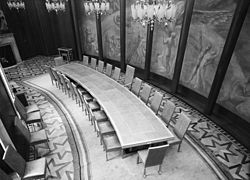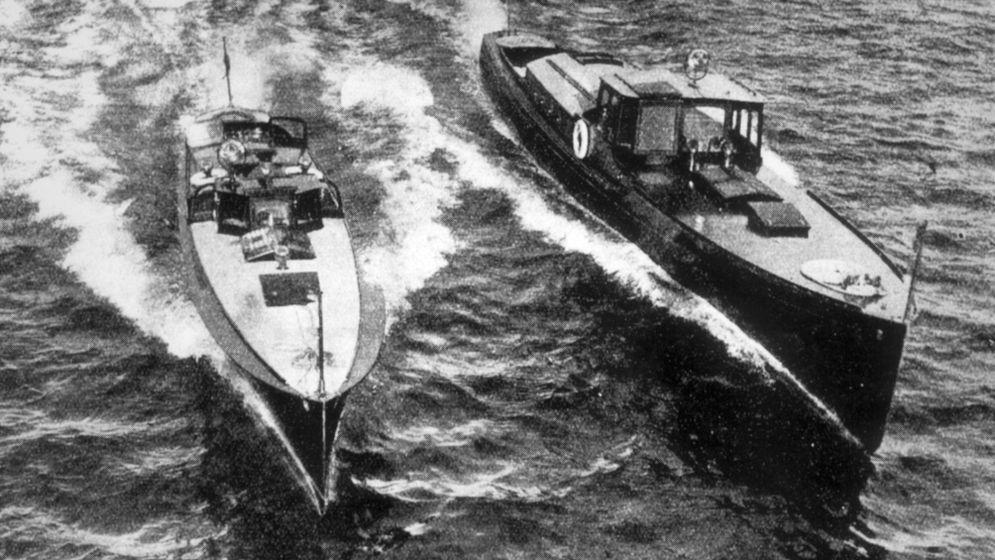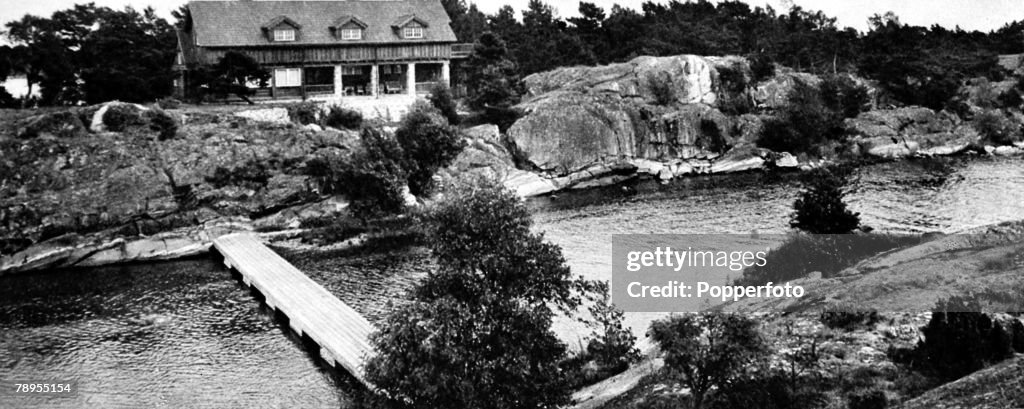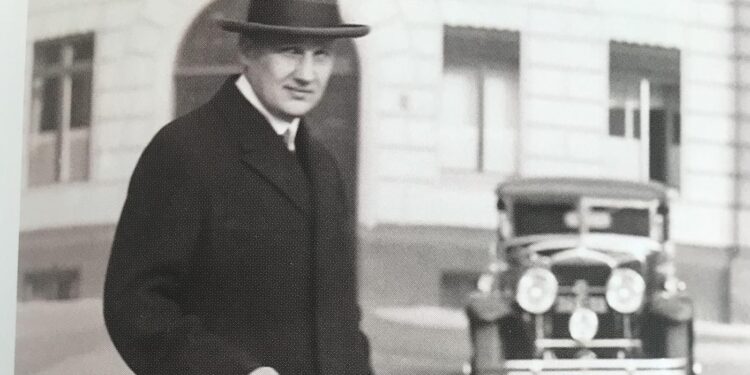Ivar Kreuger, often referred to as the “Match King,” was a prominent Swedish industrialist and financier whose impact on the world economy cannot be understated. His innovative financial instruments, such as B-shares, his partnerships on Wall Street, and his astounding wealth, were all part of a captivating story that ultimately ended in tragedy with his death in Paris. In this article, we will explore the life and legacy of Ivar Kreuger.
The Early Years and Rise to Prominence
Born on March 2, 1880, in Kalmar, Sweden, Ivar Kreuger displayed a remarkable aptitude for business from a young age. He began his career as an engineer but soon ventured into the world of entrepreneurship. In 1908, he founded Kreuger & Toll, a company that would later become one of the largest global conglomerates of the 20th century.
Kreuger’s entrepreneurial prowess was most evident in his management of the matchstick industry. During the early 20th century, matches were a common and essential product in every household. Recognizing the potential for profit in this market, Kreuger expanded his match empire, acquiring matchstick factories worldwide and implementing cost-effective production techniques. His company controlled a substantial portion of the global matchstick market, making him one of the richest men in the world.
The Invention of B-Shares
Ivar Kreuger is best known for his innovative financial invention, B-shares. In an effort to raise capital for his expanding empire, Kreuger introduced B-shares in the late 1920s. These shares provided investors with a unique combination of fixed dividends and conversion rights. This creative financial instrument was instrumental in attracting investors, enabling Kreuger to finance his acquisitions and fuel his expansion.
The B-shares not only allowed Kreuger to fund his growing conglomerate but also paved the way for the issuance of similar shares by other companies in the future. Kreuger’s B-share concept left a lasting impact on the world of finance and corporate governance.
Partnerships on Wall Street
Kreuger’s vision extended far beyond Sweden. He sought to expand his business operations globally, and to achieve this, he needed the support of Wall Street. Kreuger forged strategic partnerships with powerful financial figures in the United States, including the renowned investment banker Clarence Dillon.
Kreuger’s alliance with Wall Street not only enabled him to access vast sums of capital but also helped legitimize his operations on the international stage. The American connection contributed significantly to his success and influence in global finance.



The Influence of Being the World’s Richest Man
Kreuger’s vast wealth and influence made him a prominent figure on the global stage. At the peak of his success, he was recognized as the world’s richest man, a title he held for several years. His financial empire extended across various industries, including banking, mining, and manufacturing. Kreuger’s power and wealth allowed him to influence political decisions and economic policies in several countries.
His ability to secure loans from governments and financial institutions, combined with his connections in political and financial circles, made him a powerful player in the global economy. However, this level of influence also made him the target of scrutiny and jealousy, as many questioned the sustainability of his financial empire.
The Tragic End in Paris
Despite his extraordinary success, Ivar Kreuger’s empire was built on a fragile foundation of debt and financial engineering. The Wall Street Crash of 1929 and the subsequent Great Depression had severe repercussions on his financial schemes. As the global economy plummeted into chaos, Kreuger’s complex web of loans, bonds, and financial instruments unraveled.
Unable to keep up with mounting debts and interest payments, Kreuger’s financial empire began to crumble. The Match King’s once-mighty empire fell victim to its own complexities, and in 1932, he was forced to declare bankruptcy.
The magnitude of Kreuger’s financial collapse was enormous. The impact reverberated through several countries, leading to investor losses, investigations, and a tarnished reputation. Facing mounting legal troubles and public humiliation, Kreuger’s personal and professional life unraveled.
On March 12, 1932, Ivar Kreuger was found dead in his Paris apartment, a gunshot wound to his heart. His death was ruled a suicide, and it marked a tragic end to a man who had once been considered one of the most influential figures in the world of finance.
Conclusion
Ivar Kreuger’s impact on the world economy is a story of unparalleled success followed by a catastrophic fall from grace. His inventive financial instruments, partnerships on Wall Street, and immense wealth secured him a place in history as one of the most influential figures of his time. However, his empire’s reliance on debt and complex financial structures ultimately led to his downfall, leaving behind a cautionary tale for future generations. The Match King’s life and legacy serve as a reminder of the dangers of financial engineering and the fragile nature of even the most powerful empires.
newshub special



Recent Comments